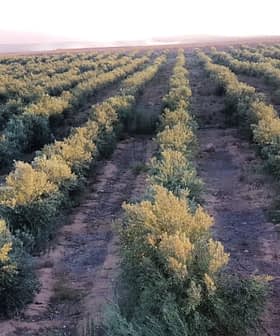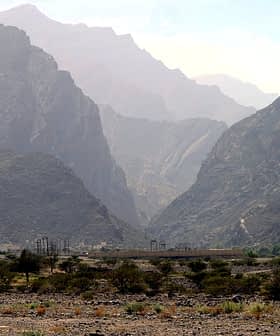In partnership with agricultural professors and researchers from the University of Florida, a small but ambitious group of growers from Florida have thrown their hat into the olive-farming and olive oil-producing ring. As the citrus industry struggles, the state is considering the potential of the fruit as an alternate, lucrative crop.
While a Tampa Bay Times food critic, Laura Reiley, dipped a hunk of bread into a sample of some Florida-grown and processed extra virgin oil and was impressed by its quality, the Sunshine State’s got a long way to go — approximately seven years — before it’s determined whether the soil and climate can sustain the somewhat finicky though drought-resistant olives to the extent that they can become a state commodity.
Factors like high humidity, high temperatures, sandy soil, and heavy rains have long been thought to disqualify the region for olive tree farming.
While individual growers try their hands at olive farming throughout the state, it becomes clear just how big of a challenge it is to cultivate the amount of fruit in volumes that would force an impression in commerce and trade.
From just over 11,000 trees that were planted three years ago on a 25-acre plot, a grower cited in Reiley’s article “pressed only 60 gallons of oil, enough to fill a living room fish tank.”
As a barometer, California, the number one producer of the bulk of the olive crop and olive oil in the U.S. is expected to yield somewhere between three and four million gallons by harvest’s end this month.
The University of Florida’s Institute of Food and Agricultural Sciences has planted groves throughout the state and aims to address some of the larger questions that loom for olive growers within the various microclimates down south.
Environment, cultivar selection, and growth and harvest concerns are all being examined as part of the school’s research, and the state remains hopeful that further education and studies will yield the promise of a new crop down the line.








